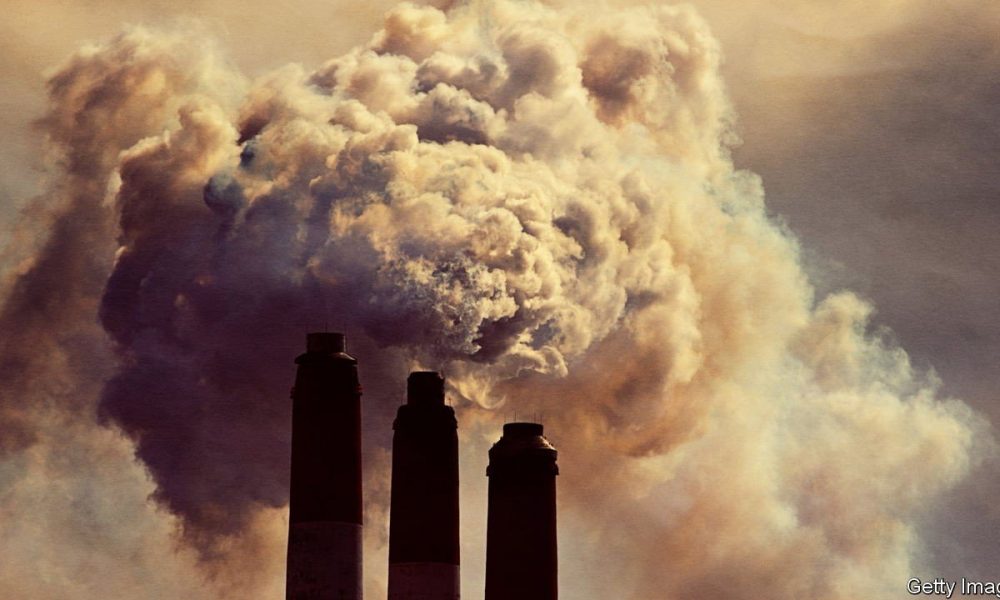On Monday, Democratic lawmakers proposed a new carbon border tax to help with the fight against climate change.
What We Know:
- Sen. Chris Coons (D-DE) and Rep. Scott Peters (D-CA) proposed tax could “raise as much as $16 billion annually.” It will impose taxes on imports from China and other countries that aren’t actively attempting to reduce their “planet-warming pollution.” Lawmakers believe that this tax would level the field for domestic manufactures and show that “climate policy goes hand in hand with providing economic opportunities.” The tax will be a part of President Joe Biden’s $3.5 trillion budget plan.
- The tax would begin in 2024 and “apply to about 12% of U.S. import.” Imports that will be affected by the tax would be steel, natural gas, petroleum, and coal. This move by the Democrats comes just a week after the European Union released their proposal for a carbon border tax for places that have “lax pollution controls.”
- With the tax, countries would have to pay “a price for each ton of carbon dioxide they emit in making their products.” The US hopes that this will encourage other countries to price their carbon to help drive down emissions and eliminate any competitive advantages other countries may have. The tax will also help with stopping American companies with high carbon emissions from setting up factories in countries that have more lenient environmental rules.
- Many are concerned that this new tax bill will cause issues between the US and other countries it trades with and trigger detrimental diplomatic disputes, as the country is still recovering from ties that were broken under former President Donald Trump’s administration. John Kerry, the U.S. Special Envoy for Climate Change, stated back in March that “serious implications for economies, and for relationships, and trade” would stem from the initial EU tax. The United Nations is set to meet for climate negotiations in November, and the carbon tax could create difficulties leading up to the meeting.
- David Weisbach, a professor at the University of Chicago Law School and an expert in carbon border tariffs, believes that the carbon border tax will cause foreign countries to raise prices on imported goods for Americans, such as medical equipment, automobiles, and appliances. The tax could also cause issues for poorer countries, as they would not have to pay a tax, but it would be up to US groups to figure out if those countries are holding up their end regarding enforcing climate change laws.
- Republicans also have issues with the $3.5 trillion budget plan that the Biden administration has proposed. John Barrasso (R-WY) called the plan a “freight train to socialism” and the chance for a trade war to erupt. In a statement, Barrasso said that the US should focus on making energy cleaner and more affordable, then trying to push regulation and taxes overseas. With Wyoming being a big producer of coal, natural gas, and crude oil, it is considered by some scientists as being a leading producer in carbon emissions that’s causing climate change.
- After taking office, Biden added the US back to the Paris Agreement and promised to focus on climate change. Along with about 200 countries, the US agreed to cut emissions, but not necessarily in the same way. The EU and the US will cut their own countries’ emissions. Saudi Arabia will focus on future emissions growth, and India plans to reduce “greenhouse gas intensity per unit of gross domestic product they produce.”
Under this tax, companies located in the US will not be penalized for their contributions to the increase of carbon emission levels and pollution seen in the country. No word yet on if Biden agrees with the tax plan.



